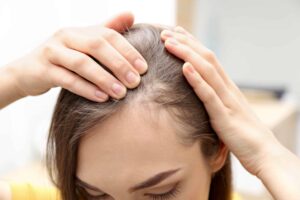
Vitamin A for Hair Growth: Everything you need to know
Vitamin A for Hair Growth: Everything you need to know Did you know that vitamin A is essential for healthy hair growth? It’s true! In this article, we will discuss how vitamin A can be used to promote hair growth
















